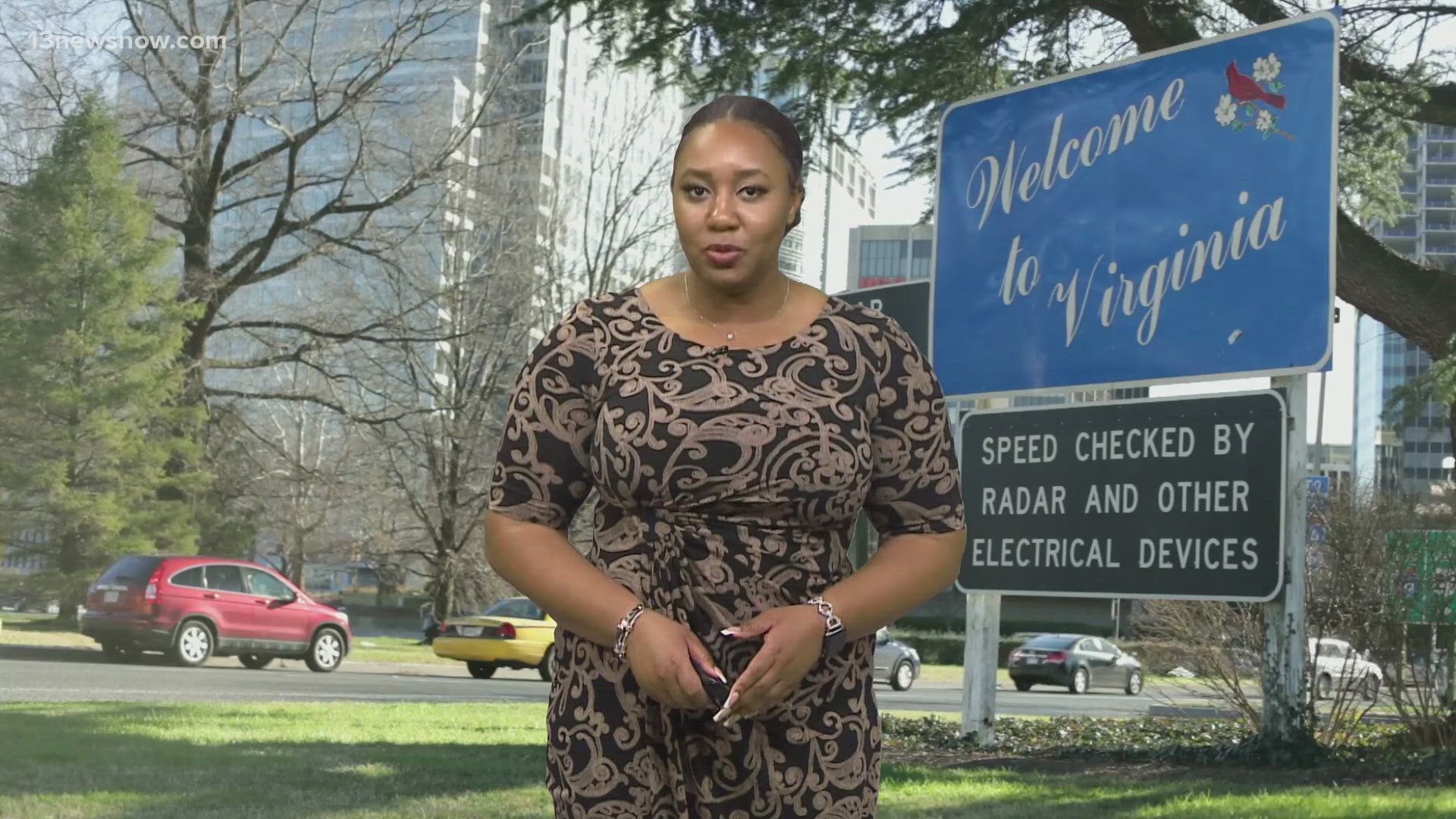NORFOLK, Va. — If you’ve lived in Virginia long enough, you know we are constantly riding a rollercoaster when it comes to our weather. Sometimes, we experience all four seasons squished into one week!
Some people blame getting sick solely on the erratic changes in weather, but that is only partially true.
Big drops in the air temperature over a short period cannot make you sick. However, you can get sick if the air is too dry or too cold, or if you work or play outside for too long.
Cold temperatures make your body work harder to fight off viruses and illnesses that are more common during the colder months. Vulnerability to the cold suppresses your immune system.
Additionally, cold weather can trigger those with asthma because prolonged exposure to cold air can restrict your passageways.
Dry conditions during the wintertime can also trigger nosebleeds. That’s because the dry air can weaken the blood vessels in your nose.
On the flip side, prolonged exposure to heat can also make you sick. At temperatures as low as 80º, heat illnesses can settle in.
There are two types of heat illness: heat exhaustion and heat stroke.
During heat exhaustion, the body struggles to cool itself down. Signs of heat exhaustion include cramps, dizziness, and excessive sweating.
Heat stroke is worse than heat exhaustion. At this point, the body is severely overheated. Some symptoms of heat stroke include a throbbing headache, no sweating, and possible loss of consciousness. If you are around someone experiencing heat stroke, immediately call 9-1-1.
To try and prevent any of these illnesses, limit your time outdoors and stay hydrated!

